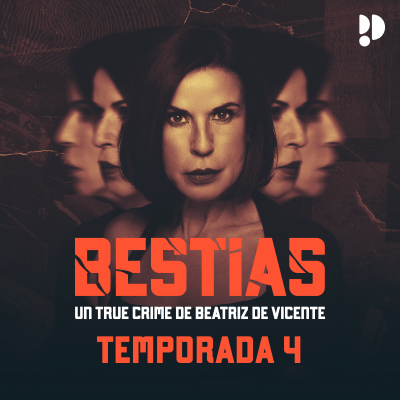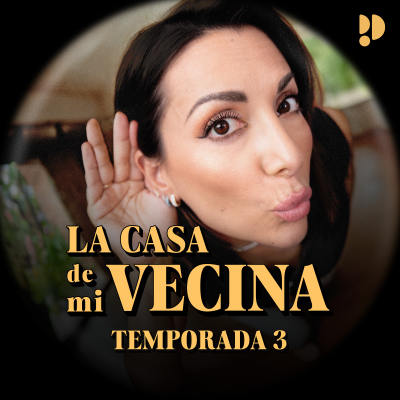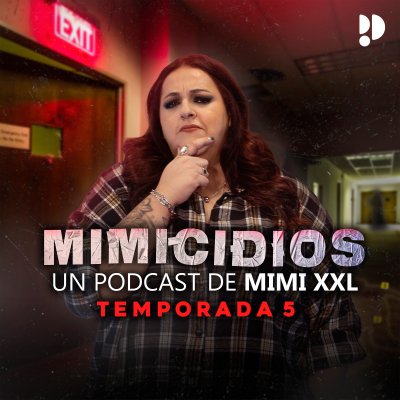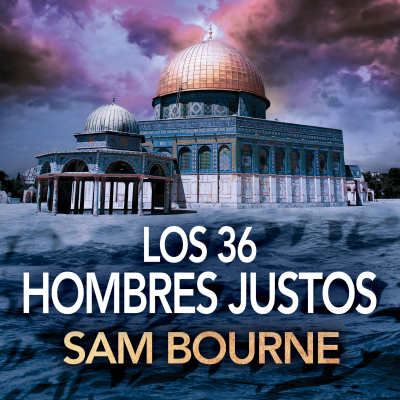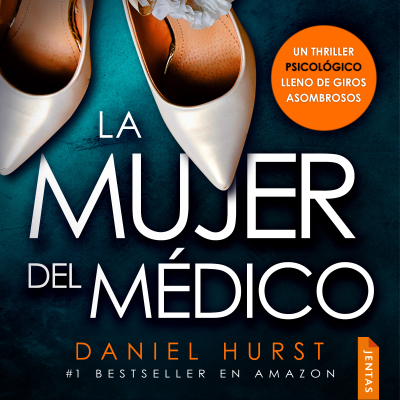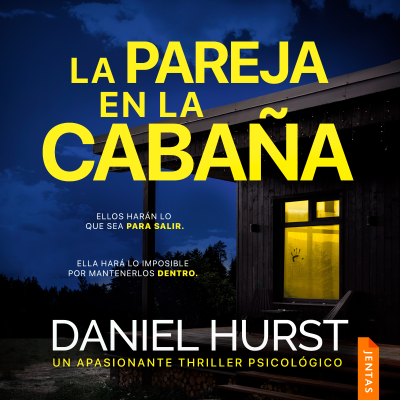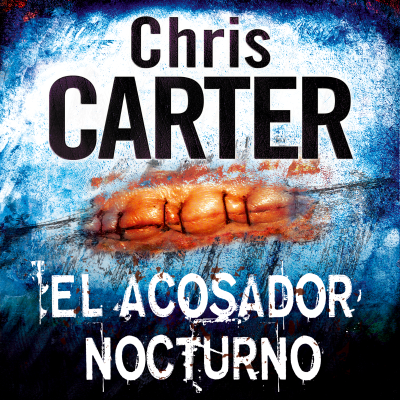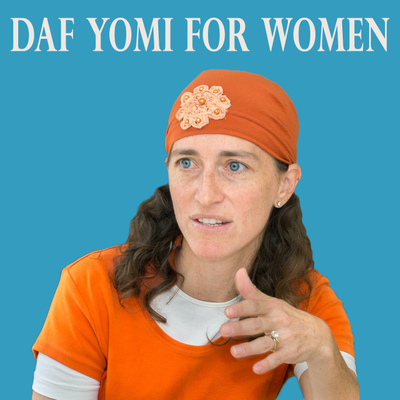
Daf Yomi for Women - Hadran
Podcast de Michelle Cohen Farber
Disfruta 30 días gratis
4,99 € / mes después de la prueba.Cancela cuando quieras.

Más de 1 millón de oyentes
Podimo te va a encantar, y no sólo a ti
Valorado con 4,7 en la App Store
Acerca de Daf Yomi for Women - Hadran
Hadran.org.il is the portal for Daf Yomi studies for women. Hadran.org.il is the first and only site where one can hear a daily Talmud class taught by a woman. The classes are taught in Israel by Rabbanit Michelle Cohen Farber, a graduate of Midreshet Lindenbaum’s scholars program with a BA in Talmud and Tanach from Bar-Ilan University. Michelle has taught Talmud and Halacha at Midreshet Lindenbaum, Pelech high school and MATAN. She lives in Ra’anana with her husband and their five children. Each morning the daf yomi class is delivered to a cadre of adult women in Ra’anana and then immediately uploaded and available for podcast and download. Hadran.org.il reaches women who can now have access to a woman’s perspective on the most essential Jewish traditional text. This podcast represents a revolutionary step in advancing women’s Torah study around the globe.
Todos los episodios
215 episodiosWhen was the blessing against the Saducees instituted - by who and why? Once Shimon HaKatan was davening and forgot the words for that plessing and they waited for him a few hours - why didn't they remove him from being the chazan? Why weren't they concerned maybe he was a Saducee? Can good people turn bad? Where can we find references in the texts to the number of blessings in different shmone esrehs? What is the shortened version on shmone esreh that Rabbi Yehoshua says one can say? Are there days where one can't use the shortened version? Why? What does Rabbi Eliezer mean when he discourages people from making their prayer "set"? One who is in a dangerous place can say a short prayer instead of shmone esreh. What is that? One who goes on a journey shoudl say a prayer. What is the text?
The story continues with Rabbi Elazar ben Azaria being chosen - he consults with his wife who warns against taking the job for two reasons. The second one (of being too young and may not be resopected) is no longer an issue when he magically grows 18 rows of white hairs. He accepts the job. He opens the doors to the Beit Midrash as Rabban Gamliel had a guard who would only let in people whose insides wewre like their outsides. On that day, so much Torah was learned, include masechet eduyot, and many halachic issues were resolved. Rabban Gamliel feels like he may ahve been wrong, especially after he loses and argument to Rabbi Yehoshua regarding accepting a convert from Amon. He makes peace with Rabib Yehoshua and then they need to convince the rabbis to take Rabban Gamliele back adn they eventually agree to let him be in charge three weeks and keep Rabib Elazar ben Azaria for one week so as not to demote him entirely. If one needs to pray mincha and musaf, which comes first? What is said about one who doesn't pray within the timeframe alloted by Rabbi Yehuda? Can one eat before musaf? Before mincha? Rabbi Nechunia ben Hakane would say a prayer on entering and on leaving the beit midrash - what would he say? The gemara tells of the last words of Rabbi Eliezer and Rabbi Yochanan ben Zakai before their deaths. What does one say daily - all 18 blessings of shmone esreh or a shortened version or does it depend (on what?)? There is a debate regarding this issue. Rabbi Eliezer says that one must make sure not to make prayer too set and static. In which direction does one face? What if one is traveling and can't? Why 18 blessings? One needs to bow in prayer- how far down? Why 18 - isn't it 19?
What does it mean "until four hours" - until and not including the fourth hour or until and including? Who do we hold like regarding times for the morning prayer and for the afternoon prayer? Can one pray arvit, the nighttime prayer, on Friday afternoon before sunset? And if one does this, is it considered Shabbat for them? If they accidentally accepted Shabbat early, thinking it was nighttime (i.e. gray rainy day), when they realize their mistake, is it Shabbat for them? Is arvit obligatory or optional? Rabban Gamliel and Rabbi Yehoshua disagree regarding this and Rabban Gamliel embarassed Rabbi Yehoshua in the biet midrash because of their disagreement. The people got angry at Rabban Gamliel and removed him from his position of being head of the beit midrash. There was a discussion about whether to replace him with Rabbi Yehoshua, Rabbi Akiva or Rabbi Elazar ben Azaria. The latter was chosen and he went to colsult with his wife about whether to take the job.
What do you do if a sefer Torah is in a room where one is planning to have sex? How far does one need to distance oneself from feces or urine in order to say shema? On what does it depend? Can one say shema in a place where there is a bathroom that had never been used? A zav that had a seminal emission or a woman who was a nidda and then semen discharged from her body or a woman who has sex with her husband and then becomes a nidda - all these need several days before they can become pure - but can they and should they go to the mikveh before learning Torah? Or since they can't become pure yet, they can't go to the mikveh and therefore maybe Ezra's ordinance did not include these cases? Is the order in which the events happened important (first baal keri and then zav or the reverse)? Until what time can one pray the morning, afternoon, evening and additional (on holidays) prayer? Is there a contradiction between what it says in the minsha regarding the times and other sources? How does this connect with laws of additional prayers that one can say if one forgot to pray - as one can make up the morning prayer in the afteronon? Were the prayers instituted by the fathers or were they set up as a replacement (or to correspond) to sacrifices?
Can one recite shema if there is feces one's body or in the area? What if the feces is being passed by? It there a different if the feces is not moving? If there is a foul odor from feces, does one need to move away from the feces or also from the odor? Until when is urine problematic - what if it is dry? How dry does it need to be to not be an issue for reciting shema? How can one say shema in the mikveh? Does one need to cloudy up the water? What types of foul smelling water can be fixed up by adding more water to it? How much water needs to be added? One cannot say shema in the vicinity of a utenstil used for collecting feces or urine. What does one do in order to allow one to say shema if there is a utensil there - three opinions are brought.

Valorado con 4,7 en la App Store
Disfruta 30 días gratis
4,99 € / mes después de la prueba.Cancela cuando quieras.
Podcasts exclusivos
Sin anuncios
Podcast gratuitos
Audiolibros
20 horas / mes





